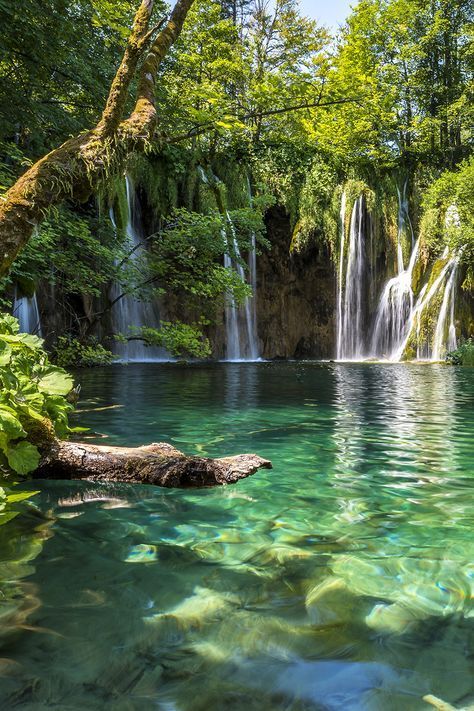Nature encompasses the vast and intricate ecosystems that make up our planet, from majestic mountains and serene forests to vibrant oceans and bustling wildlife. It is a source of inspiration, sustenance, and connection, playing a crucial role in our physical and mental well-being. Understanding the importance of nature encourages us to appreciate its beauty and take action to protect it.
The Interconnectedness of Ecosystems
At the heart of nature is the concept of interdependence. Every organism, no matter how small, plays a vital role in maintaining ecological balance. For instance, pollinators like bees and butterflies are essential for the reproduction of many plants, which in turn provide food and shelter for various animal species. This web of life illustrates how the health of one species can directly affect the well-being of others, highlighting the importance of biodiversity. When we lose one species, we disrupt entire ecosystems, leading to unforeseen consequences.
Benefits of Nature for Human Well-Being
Spending time in natural environments has been shown to improve mental health and enhance overall well-being. Nature acts as a powerful antidote to stress, anxiety, and depression. Research indicates that even brief interactions with nature can boost mood and cognitive function. Activities like hiking, gardening, or simply walking in a park foster mindfulness and a sense of connection to the world around us. By prioritizing time in nature, we nurture our mental and emotional health.


The Role of Conservation
Unfortunately, the beauty and balance of nature are increasingly threatened by human activities such as deforestation, pollution, and climate change. Conservation efforts are vital to protecting our planet’s resources and ensuring a sustainable future. Organizations and individuals alike are taking action to preserve habitats, protect endangered species, and promote environmentally friendly practices. Simple actions, such as reducing waste, conserving water, and supporting local conservation initiatives, can contribute significantly to these efforts.
Conclusion
Nature is not just a backdrop to our lives; it is an essential component of our existence. By understanding its interconnectedness and the benefits it provides, we can cultivate a deeper appreciation for the natural world. Taking steps to protect and conserve nature is not only our responsibility but also a gift we give to future generations. As we embrace the beauty of nature, we also acknowledge our role in safeguarding it for years to come.
FAQs
Why is nature important for our health?
Nature offers numerous health benefits, including stress reduction, improved mood, and enhanced cognitive function. Exposure to natural environments has been linked to lower levels of anxiety and depression.
How can I get involved in conservation efforts?
You can support conservation efforts by volunteering with local organizations, participating in clean-up events, donating to environmental causes, or simply adopting more sustainable practices in your daily life.
What are some simple ways to connect with nature?
Engaging with nature can be as simple as taking a walk in your neighborhood, visiting a local park, gardening, or even observing wildlife in your backyard. These activities foster a sense of connection and appreciation for the environment.
What is biodiversity, and why does it matter?
Biodiversity refers to the variety of life on Earth, including different species, ecosystems, and genetic diversity. It is crucial for ecosystem resilience, providing essential services such as food production, climate regulation, and disease control.
By fostering a deeper connection with nature and understanding its significance, we can all contribute to a healthier, more sustainable planet.







